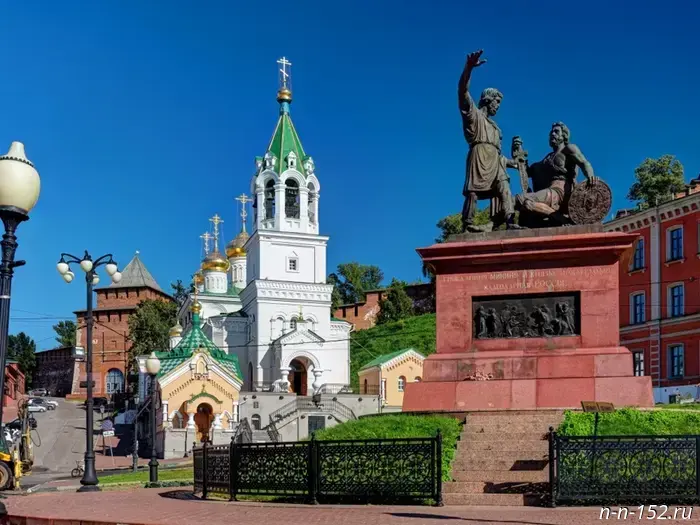
Monitoring expert from July 4 to July 11, 2025, by Autonomous Non-Commercial Organization "Minin-Center"
Experts from the "Minin Center" analyze the events of the past week that influence the socio-political situation in the world, Russia, and the Nizhny Novgorod region, highlighting long-term trends. This week, attention was drawn to the theme of family (July 8th was Russia's Day of Family, Love, and Faithfulness - Ed.), rethinking strategies amid global instability and increasing pressure on the South Caucasus, as well as confirmation of the Nizhny Novgorod region’s successful implementation of regional investment standards at a high level.
Federal theme: "About family"
Expert from "Minin Center," Russian poet, publicist, secretary of the Union of Writers of Russia, permanent member of the Izborsk Club, Ph.D. in Philology, Mikhail Kildyashov:
"Day of Family, Love, and Faithfulness is a blessed, luminous holiday. It unites secular and church aspects like no other: family reaches heavenly heights, and piety, mutual joy, living in love become clear, close, tangible, like daily labor, like a saving necessity. Peter and Fevronia under a clear sky, among green summer grass, with a white dove in their hands. Their eyes reflect spiritual purity, their marital touch — a tremor. This is the icon of the family!
It is providential that in the continuation of our country's Year of the Family, a Year of Victory and Defender of the Fatherland has begun. Only in a strong family can the memory of Victory be preserved, and creating a strong family today is the greatest human victory. And various hostile forces oppose this family-victorious nature of the Russian person: egoism, consumerism and pleasure cults; criminal migration policy and ethnocultural replacement; the portrayal of large families as burdens to suffer.
Yes, state will and effective measures are needed, not just mere imitation. But human will is also necessary. It is essential to realize that without family, you will perish in the sea of life. Without family, you are naked and defenseless. Without family, all your vices come to light, and virtues fade.
We remember how in our history, the young Soviet state attempted to reject the family as a patriarchal relic. But fortunately, Stalin, guided by some inexplicable feeling, understood the need to restore and strengthen the family. Even with little time, by the time of the Great Patriotic War, we approached as strong family people. We found salvation in phrases like 'Wait for me, and I will return,' 'Warmth from your eternal love in a cold dugout,' 'I believe in you, my dear friend.' Love, fidelity, and soldiers’ waiting from the front were our weapons, multiplying the strength of tanks and guns tenfold.
The special military operation again proves that in any battle, victory belongs to the side with a stronger 'family thought.' Those who have someone to fight for and a place to return to win. Fortunately, on the eve of new trials, the Russian soldier managed to secure the family line. With thoughts of family, he again overcomes the enemy. Holy Peter and Fevronia bless the Russian warrior for the righteous fight!"
Federal theme: "Diplomatic maneuver amid global confrontation"
Expert from "Minin Center," Associate Professor at the N.I. Lobachevsky NNU of IMMOI, Ph.D. in History, Sergey Krivov noted that on July 6-7, the XVII BRICS summit took place in Rio de Janeiro, Brazil.
"Many viewed it as nearly a failure. At first glance, compared to similar events in 2023 (South Africa) and 2024 (Russia), things look modest. Regarding participants, Russian President Vladimir Putin declined to participate in advance, citing Brazil’s recognition of the International Criminal Court’s jurisdiction, as stated by his aide Yuriy Ushakov. The decision of Xi Jinping to attend was made only at the last minute. Officially, the Chinese leader could not attend due to a busy schedule, although Prime Minister Li Qiang was present. The summit’s final statements were also rather vague.
Formally, participants made little progress toward creating a common currency for mutual settlements. At the same time, the U.S. adopted quite negative rhetoric. Unlike Biden, who has never paid much attention to BRICS, Donald Trump initially announced imposing a 10% additional tariff on all members that joined the de-dollarization policies. Some observers even suggest a split into an 'anti-Western bloc' (Russia and China) and a 'Pro-Western' segment (Brazil, India).
However, a closer look shows the situation is not so clear-cut. The more complex international context today must be considered. At least three of the ten members (India, Iran, Russia) are involved in or have experienced armed conflicts. Any escalation, even at the level of gestures and rhetoric, could hinder BRICS’s strategy for stable, sustainable development, which is precisely what BRICS aims for, making itself attractive mainly to the Global South countries. Supposing, despite formal explanations, that Russia and China’s leaders’ absence was a coordinated tactic, possibly with other forum members, the presence of Putin and Xi could have increased global confrontation.
Nevertheless, the Brazil summit was probably not less successful than parallel G7 and NATO summits. G7 members failed even to adhere to their own regulations, and NATO members in The Hague barely managed to agree on a final declaration heavily influenced by Trump’s administration. In other words, the period of 'global uncertainty' requires cautious steps and avoiding unnecessary confrontation. A year ago, Putin clearly stated that creating a common currency among BRICS countries is a slow, phased process. Let’s not forget that countries like Brazil, South Africa, Egypt, and Ethiopia still remain critically dependent on Western financial institutions.
Regarding participants, except for China and Russia, the others were represented at a very high level. For example, Iran was represented by Foreign Minister Abbas Araghchi, but the country’s political hierarchy is such that the president is only second in rank, primarily responsible for internal policy, while external policy and defense are managed by the Supreme Leader, who rarely leaves the country. Therefore, the role of the foreign minister is higher than that of his foreign colleagues. Additionally, a 12-day conflict with Israel led to a redistribution of political powers in Iran, with the conservative camp, led by President Masoud Peleshtian, effectively sidelined by the conservative circle around Khamenei.
Against this background, a meeting of Armenian and Azerbaijani leaders took place in Abu Dhabi (UAE). The agenda included signing a peace treaty, which many quickly characterized as 'pushing Russia out of the South Caucasus.' This followed increased rhetoric and tensions on Russian-Azerbaijani and Russian-Armenian relations. Moscow and Baku's relations were also strained by arrests of Russians by Azerbaijani law enforcement. Widespread opinion suggests that Turkey is behind all this, aiming to establish itself as the sole regional player.
But it’s not that simple. In 2026, Armenia’s parliamentary elections will be held, and Pashinyan’s chances of re-election are far from certain. His previous electoral success was due to a confluence of circumstances, notably the defeat of the Karabakh clan, which ruled Armenia from 1998 to 2018. The 'Karabakh residents' were, in essence, an extraterritorial political group relying on a territory not recognized even officially by Yerevan. They had low support in Armenia’s capital, which makes electoral prospects difficult—since the capital’s population is almost a third of the country's (compared to Moscow’s 9% of Russia), making electoral victory problematic. Once Armenia became a parliamentary republic, the former political elite collapsed. This contributed to Pashinyan’s success even amid diplomatic failures. Ahead of the upcoming elections, pressure has increased on opposition forces, including the Armenian church and Catholicos of all Armenians, mainly due to criticism of the government’s stance on Nagorno-Karabakh. Essentially, Pashinyan is opposing an institution traditionally supporting the ruling elite through the influential diaspora. This could lead to nationalist sentiments and perhaps even a revival of Karabakh separatism in the near future. Thus, Aliyev, as an experienced politician, has started acting swiftly.
For Russia, maintaining the disputed Armenian enclave on Azerbaijani territory throughout the post-Soviet period created a rather ambiguous situation. On one hand, it complicated Armenia’s relations with Russia and Eurasian integration structures, with Kazakhstan, for example, expressing concerns about the 'Karabakh problem' within the CSTO and Eurasian Economic Union. On the other hand, Karabakh politicians pursued the most pro-Moscow policies. Their political ambitions were unlikely fully pro-Russian but rather isolationist, making them closer to the positions of Russia and Iran amid the geopolitical vacuum.
Interestingly, just before the meeting, Macron called Putin for the first time since February 22, 2022! Clearly, despite differences over Ukraine, Russia and France share common interests in the South Caucasus and regarding Iran’s nuclear program. France has historically supported pro-Armenian positions, considering the role of the Armenian diaspora in France. Currently, two ministers in the French government have Armenian roots. Paris also worries about Turkey’s increased influence in the region, given their complicated relations. Notably, after this call, reports emerged of increased Russian troop deployments in Armenia. It’s possible these considerations influenced the inability of Yerevan and Baku to agree on a peace treaty, especially regarding the most contentious part—the Zangazur corridor, a direct route between mainland Azerbaijan and its exclave in Nakhchivan, which in a broader geopolitical context, would give Turkey direct access to the Caspian Sea.
Finally, amid the formal rhetoric escalation by Trump regarding Russia and Putin at the APEC summit in Kuala Lumpur, a meeting took place between Secretary of State Marco Rubio and Sergey Lavrov. Compared to the 'coalition of the willing' summit at Northwood military base near London, where U.S. representatives like Trump’s envoy Kit Kellogg and Russian extremists like Senator Lindsey Graham and Senator Richard Blumenthal participated, the level of U.S.-Russia contact was significantly higher in status. It’s still too early to discuss details, but it’s already announced that Trump will make a statement on Russia on Monday, and Lavrov has outlined new Russian conditions regarding Ukraine."
Regional theme: "Nizhny Novgorod region confirmed the implementation of regional investment standards at a high level"
Expert from "Minin Center," Professor at RANEPA, Doctor of Philosophy, Andrei Dahin, notes that the Russian Ministry of Economic Development has published a regional ranking on the implementation of the investment standard, viewed as a tool to ensure a favorable investment climate in the regions (approved on February 3, 2012, by the Supervisory Board of the Autonomous Nonprofit Organization 'Agency for Strategic Initiatives for Promotion of New Projects').
"Among the Russian regions that confirmed the high-quality implementation of the investment standard in 2025, Moscow took the lead. The second place was occupied by the Nizhny Novgorod region. For comparison, the Republic of Tatarstan ranks fourth, and Bashkortostan — seventh. The implementation of the investment standard and monitoring began in 2022, and in 2023, Nizhny Novgorod was already second in the ranking (after Moscow). In 2025, the region maintains its high position. The foundation for this stability was laid in 2023, when the region joined the 'End-to-End Investment Flow' project initiated by the Ministry of Economic Development with the involvement of Rosatom. The goal of the project is to reduce the time for issuing permits, streamline documentation, and accelerate business integration into infrastructure.
Among eight best practices identified by the Ministry of Economic Development, three are from Nizhny Novgorod: the State Urban Planning Information System (GISO), the categorization system for investment projects connecting to utilities networks, and the provision of land plots for investment projects without auctions, with 'roadmaps' for their implementation. The foundation for implementing the investment standard is the investment declaration of the Nizhny Novgorod region for 2021–2028. Drivers of productive implementation include the special economic zone (SEZ) 'Kulibin' industrial and manufacturing type, priority development areas (PDA) in Sarov, Volodarsk, Reshetikha, and infrastructure objects, innovative sectors based on IT technologies (like the 'Neymar' IT campus). In recent years, Nizhny Novgorod has also improved its investment attractiveness. At the 2025 St. Petersburg International Economic Forum, the Russian president noted Nizhny Novgorod among the leaders: in the regional investment attractiveness rankings, it shares second place with Tatarstan, behind only Moscow."



Другие Новости Нижнего (Н-Н-152)
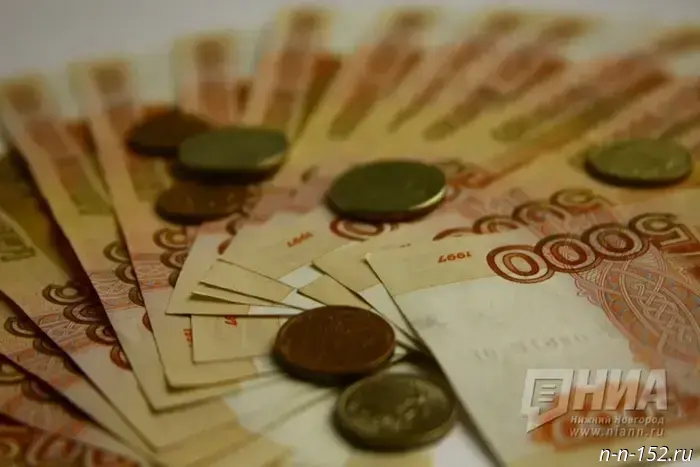 Nizhny Novgorod region reduced spending on auctions and saved 1.3 billion rubles.
News of Nizhny Novgorod
Dzerzhinsk deputies inspected the work of the "City of Sports" camp
By the start of the season, plumbing was replaced and renovations were carried out in several buildings. 12/07/2025. Dzerzhinsk Gazette. Nizhny Novgorod Region. Dzerzhinsk.
Nizhny Novgorod region reduced spending on auctions and saved 1.3 billion rubles.
News of Nizhny Novgorod
Dzerzhinsk deputies inspected the work of the "City of Sports" camp
By the start of the season, plumbing was replaced and renovations were carried out in several buildings. 12/07/2025. Dzerzhinsk Gazette. Nizhny Novgorod Region. Dzerzhinsk.
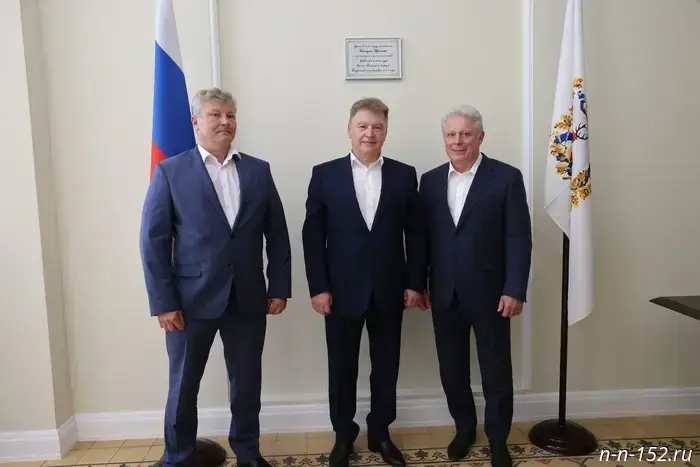 In Nizhny Novgorod, a "time capsule" was embedded with a message for future employees of the arbitration court system.
Photo: Alexander Volozhanin, photo.pravda-nn.ru
On July 11, 2025, a ceremonial laying of a commemorative capsule took place at the building of the Arbitration Court of the Volga-Vyatka District in Nizhny Novgorod. 11.07.2025. Government of the Nizhny Novgorod Region. Nizhny Novgorod Region. Nizhny Novgorod.
In Nizhny Novgorod, a "time capsule" was embedded with a message for future employees of the arbitration court system.
Photo: Alexander Volozhanin, photo.pravda-nn.ru
On July 11, 2025, a ceremonial laying of a commemorative capsule took place at the building of the Arbitration Court of the Volga-Vyatka District in Nizhny Novgorod. 11.07.2025. Government of the Nizhny Novgorod Region. Nizhny Novgorod Region. Nizhny Novgorod.
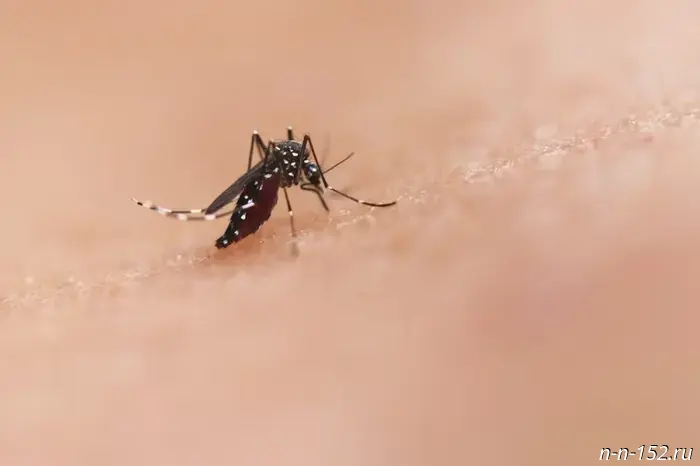 Nizhny Novgorod infectious disease specialist talks about preventive measures against dirofilariasis
News of Nizhny Novgorod
Nizhny Novgorod infectious disease specialist talks about preventive measures against dirofilariasis
News of Nizhny Novgorod
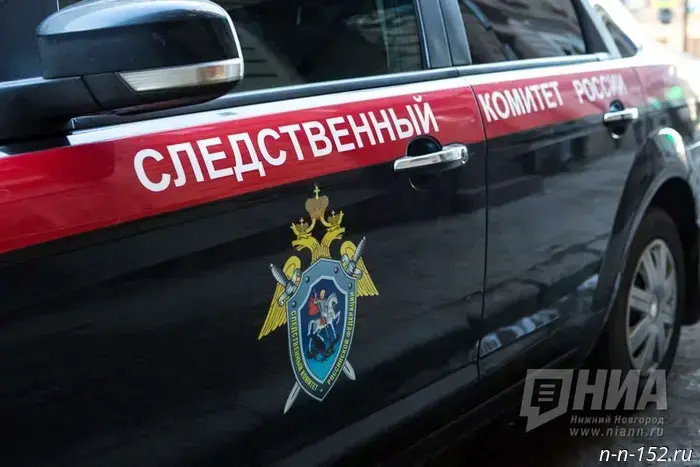 Bastyrkin expressed interest in the violation of orphan rights in the Nizhny Novgorod region.
News of Nizhny Novgorod
Bastyrkin expressed interest in the violation of orphan rights in the Nizhny Novgorod region.
News of Nizhny Novgorod
 Mark Eidelstein skydived from 4,000 meters.
News of Nizhny Novgorod
Mark Eidelstein skydived from 4,000 meters.
News of Nizhny Novgorod
Monitoring expert from July 4 to July 11, 2025, by Autonomous Non-Commercial Organization "Minin-Center"
News of Nizhny Novgorod
